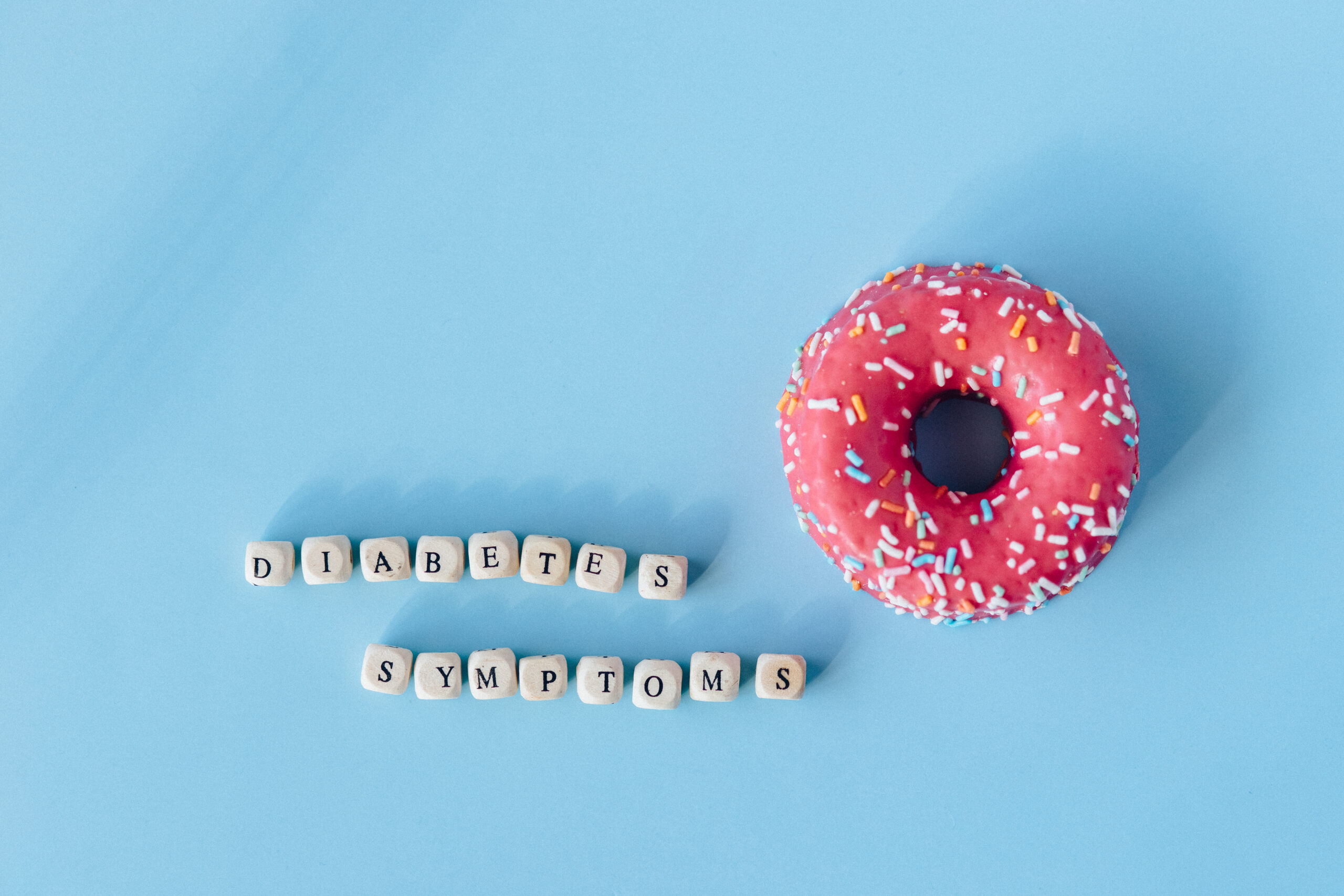What are the symptoms of diabetic ketoacidosis?
Title: Recognizing the Symptoms of Diabetic Ketoacidosis
Introduction:
Diabetic ketoacidosis (DKA) is a serious complication that can occur in people with diabetes, particularly those who have type 1 diabetes. It develops when the body doesn’t have enough insulin to break down glucose for energy, leading to ketones building up in the blood. Left untreated, DKA can be life-threatening. Recognizing the symptoms of DKA is crucial for early intervention and preventing severe complications.
1. Excessive Thirst and Frequent Urination:
One of the earliest signs of DKA is increased thirst, also known as polydipsia. People with DKA may find themselves feeling constantly thirsty, no matter how much they drink. This excessive thirst often leads to frequent urination, known as polyuria. If you notice yourself or someone you know experiencing these symptoms, it’s essential to monitor blood sugar levels and seek medical attention.
2. Persistent Fatigue and Weakness:
Feeling consistently tired, even after getting enough rest, can indicate DKA. When the body lacks insulin, it cannot efficiently use glucose as a source of energy. As a result, the body begins to break down fat for fuel, leading to the production of ketones. The build-up of ketones in the bloodstream can cause fatigue and weakness.
3. Abdominal Pain and Nausea:
Abdominal pain is a common symptom of DKA. The presence of ketones can irritate the gastrointestinal tract, leading to stomach discomfort and cramping. Individuals with DKA may also experience nausea, vomiting, and a decreased appetite. Persistent stomach issues should not be ignored and should prompt immediate medical attention.
4. Rapid Breathing and Shortness of Breath:
DKA can affect the respiratory system, causing rapid and deep breathing, also known as Kussmaul breathing. The body attempts to eliminate excess ketones through rapid breathing, which can result in a distinctive fruity odor in the breath. Shortness of breath, along with a rapid heart rate, can be signs of severe DKA and require urgent medical care.
5. Confusion and Altered Mental State:
As DKA progresses, it can impact brain function, leading to confusion, irritability, and even loss of consciousness. Ketones can directly affect the central nervous system, causing a state known as diabetic ketoacidosis coma. This is a medical emergency that demands immediate intervention to prevent further complications.
Conclusion:
Diabetic ketoacidosis is a serious condition that requires prompt medical attention. If you or someone you know with diabetes experiences excessive thirst, frequent urination, fatigue, abdominal pain, rapid breathing, confusion, or any combination of these symptoms, it’s crucial to seek medical care immediately. Early detection and treatment can prevent DKA from progressing to life-threatening complications. Remember, monitoring blood sugar levels regularly, taking prescribed medications, and maintaining a healthy lifestyle are essential in preventing DKA and maintaining overall well-being for individuals living with diabetes.



